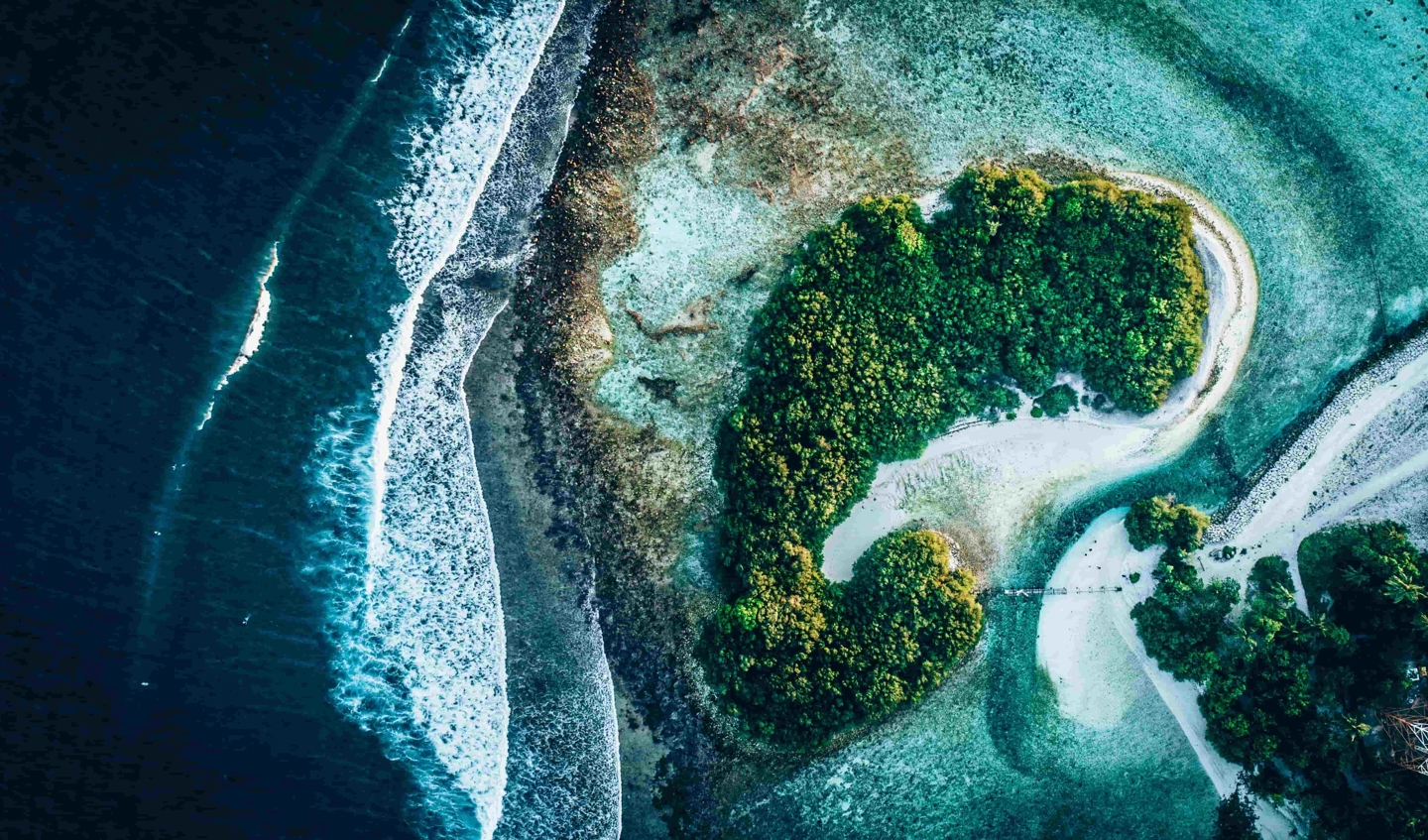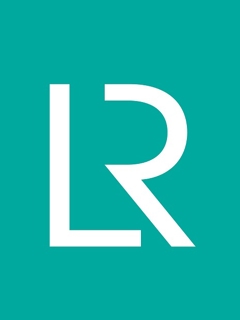Stopping shipping accidents before they happen
The shipping industry remains blighted by high casualties and accidents with an average of 119 ships lost at sea every year. But use of predictive modelling can help reduce the number of incidents. HiLo is a joint initiative that’s transforming risk management at sea. It translates near‑misses and incidents into a comprehensive risk profile, giving ships advanced warning of potential issues before they happen. Since the Foundation started funding HiLo in 2016, it has helped ship managers reduce the risk of accidents by 72%. Sharing this data helps shipping companies make the best decisions and provides a greater chance of stopping catastrophes in their tracks. HiLo was founded in 2016 by Shell Shipping and Maritime, Maersk Tankers A/S and Lloyd’s Register Consulting as an independent joint industry initiative and has won numerous awards.
More information can be found at the Lloyds Register Foundation website:
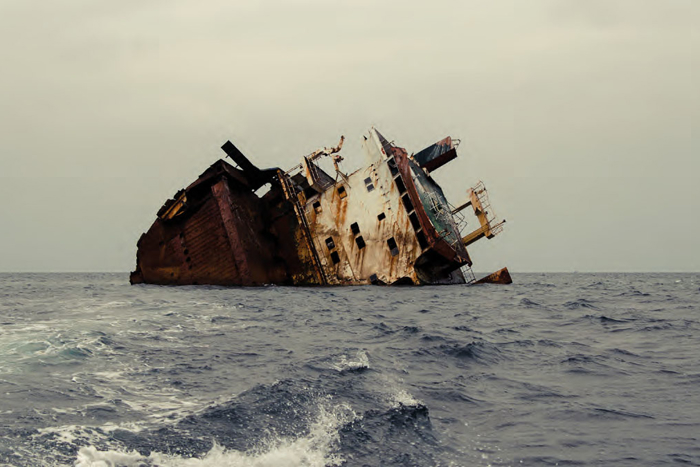
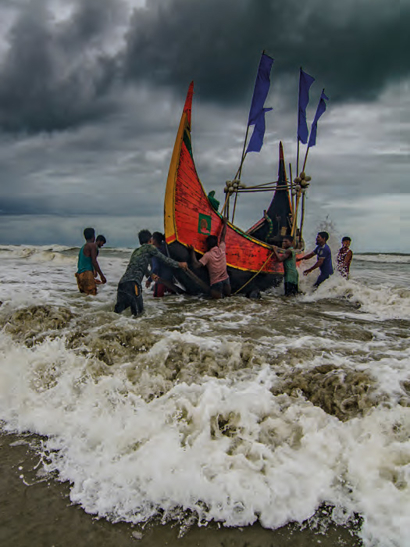
Saving the lives of the world’s poorest fishermen
Every year 1,350 fishermen in Bangladesh die at sea. They work without basic safety equipment, or even clean drinking water. Whole families can lose their only way of making a living. The Foundation is helping to save lives, through its fishSAFE project, with the Fish Safety Foundation – an international charity based in New Zealand – and the Patuakhali Science and Technology University in Southern Bangladesh. It provides safety awareness for fishing communities. Through training materials the fishermen can deliver themselves, it’s expected deaths and injuries can be reduced by 25% by 2025.
More information can be found on Lloyd's Register Foundation website:
Transforming ferry safety in the Philippines
The Philippines is made up of more than 7,600 islands, whose population depends on ferries as transport. The ferries were once among the most dangerous in the world, but since 2000, their safety record has improved dramatically. Now, the Foundation is funding the Ferrysafe project to better understand this remarkable success story, including which safety measures had the greatest impact. This essential knowledge will then be shared with maritime safety experts across the developing world. Learning lessons from the Philippine maritime industry will help improve ferry safety and save lives and livelihoods.
More information can be found at Lloyd's Register Foundation website:
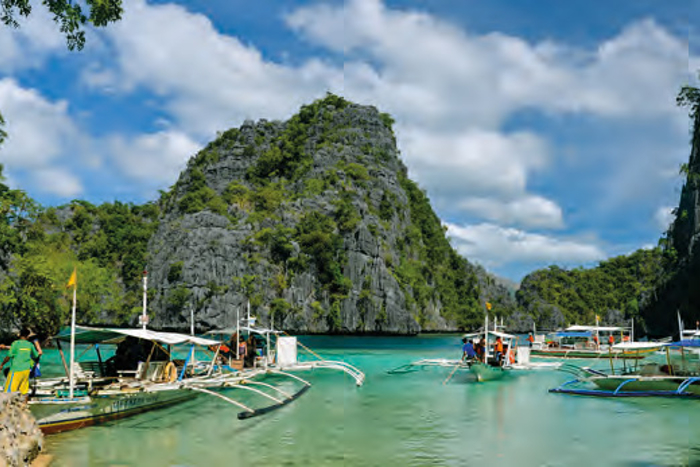
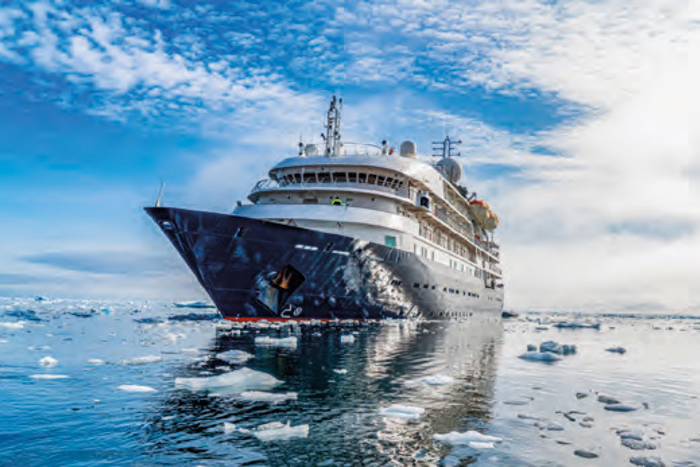
Testing ships in icy extremes
The Arctic has claimed the lives of countless seafarers over the centuries. Treacherous routes like the North West Passage are seen as some of the most dangerous in the world. But melting polar ice caps are carving new sea passages for transporting oil, gas and even cruise ships. These new routes present a challenge for maritime safety, requiring ships that can withstand such icy extremes. The Foundation is funding new guidelines to help assess the risk to shipping in frozen waters. CEPOLAR, the Centre of Excellence for Scenario‑based Risk Management in Polar Waters is being run by Aalto University. As part of its work, the Centre tests how ships and ice interact, using a 40‑metre tank that reproduces sea ice. In creating such a robust set of guidelines, CEPOLAR is helping the industry design safer ice‑going ships, using vital evidence to help make this once treacherous sea passage safer in the future.
More information can be found at the Lloyd's Register Foundation website:






